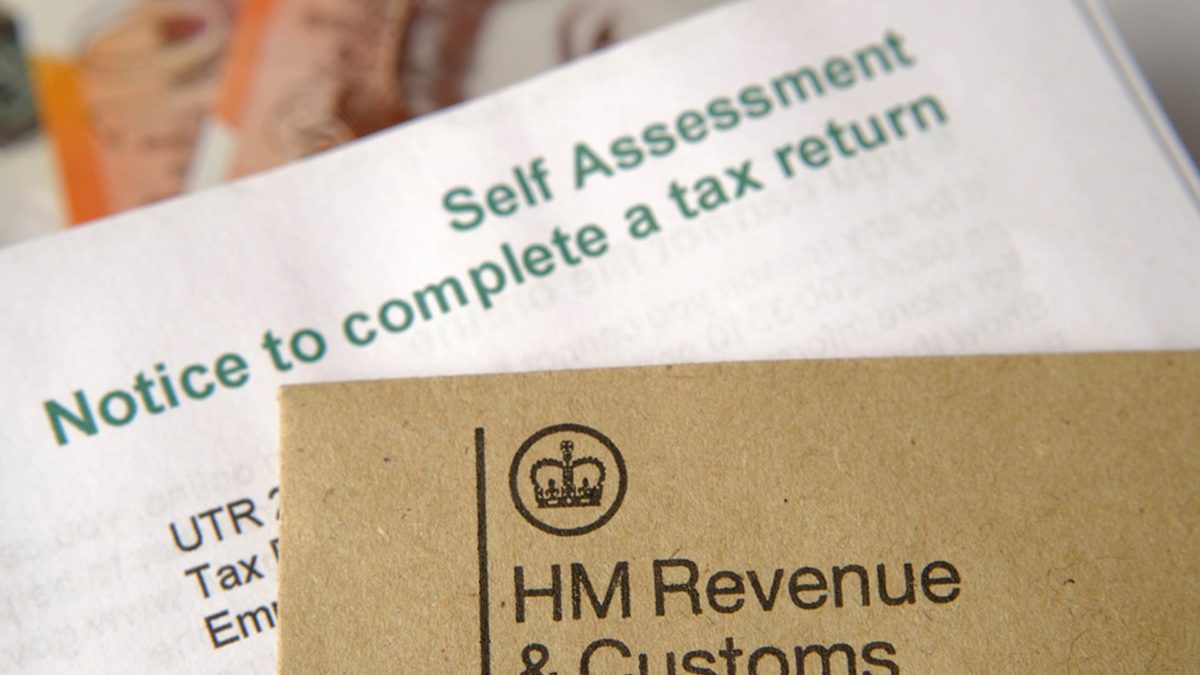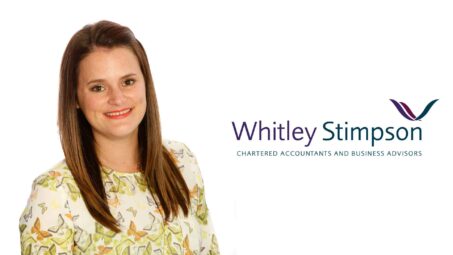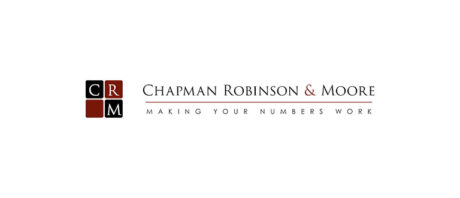
Can I claim?… What to include and what to leave out of my tax return
Are you a last minute self-assessment tax returner or are you sitting pretty enjoying the last of your Christmas leftovers and thinking ahead to a glorious 2021 full of business successes and social events?!
If you’re still working towards the 31st January deadline to submit your tax return, here are a few pointers of things you might miss in your haste and last-minute panic. And if you’re all submitted and feeling smug, then sit back and make sure you’re got this covered for your 2020/21 return.
Even a small mistake made on your self-assessment tax return can have a big impact on future payments and losses so getting it right first time is vital. Errors come about because people don’t entirely understand the form and what it’s asking for. Most mistakes occur in the areas of dividends, savings, property and pensions.
Completing your tax return can be baffling but when you add the pressure of a tight deadline, it can be even more difficult to understand, so filing it early, giving yourself plenty of time to gather all your paperwork together and double-checking all your figures is so helpful.
Do your sums right – incorrect calculation can have a big impact on whether you pay the right amount of tax. Digital accounting software helps enormously with the calculations so think about getting some digital or professional help as your tax return gets more complicated.
Capital Gains etc – there are nasty penalties for failing to declare relevant income and Capital Gains such as:
- Employment income – including Benefits in Kind on P11Ds
- Maternity/paternity pay, sick pay and other benefits
- Pension income – remember that state pension is generally paid every 4 weeks, not monthly, so you will likely have 13 payments not 12.
- Interest, savings dividends, investments and trusts
- Employee share schemes
- Dividends
But you don’t need to declare interest, bonuses or dividends from tax-exempt investments like ISAs, NS&I certificates, Premium Bonds, gambling prizes, Save As You Earn schemes or court-awarded damages.
Eligible expenses – check carefully which expenses can be deducted within your tax return to avoid costly penalties. Checking with a tax expert may show you things that you’re not claiming which could cut your tax bill.
Little details – sometimes the most obvious tasks are the ones that are missed. Signing and dating correctly (on a paper return) and including your correct National Insurance number are so basic but surprisingly often incorrect.
Supplementary pages – ‘info to follow’ or ‘see accounts’ aren’t acceptable phrases to use on your tax return unfortunately. Additional documentation is required for income not covered in the main submission. This may include life insurance gains, share scheme income, foreign earnings, lump sums from employers, property income and married couple’s allowance claims.
Do your homework – there’s no getting around the amount of paperwork needed to smoothly complete your tax return. For the self-employed, receipts, invoices, mileage records, benefits, pensions, bank statements, student loan and records of money taken out or put in to the business need to be comprehensive. Digital accounting software can assist here through the whole tax year.
Plan for next year – can you improve your record keeping to make you return less stressful? Are there areas where you are not being tax efficient, such as making use of allowances for the whole family?
To minimise your future tax bills and take the panic out of your tax return, contact CRM on 01865 379272.
More in Accountants

Why having an audit can boost your business
Many directors will wince at the prospect of an audit, seeing it as a necessary evil to meet statutory obligations.

FRC Proposes Major Overhaul of Auditing Standards
In a bold move, the Financial Reporting Council (FRC) has unveiled proposed changes to auditing standards that could have a major impact on the financial world, according to chartered accountants and business advisors Whitley Stimpson.

Whitley Stimpson shines as finalist for top national award
Service Charge Accountancy specialist Jonathan Walton of Whitley Stimpson has been recognised for his outstanding work in the field by being shortlisted for a prestigious property industry award.
From this author

Fun and fundraising pass the winning post together at CRM Race...
More than 100 excited horseracing fans packed into Yarnton Road Football Club for the CRM Charity Race Night on Friday 30 September. The atmosphere was full of competitive enjoyment and an amazing total was raised for CRM’s 2022 charity partner – Tiny Tickers.

CRM Summary: The Chancellor’s September Statement
Chancellor Kwasi Kwarteng delivered his “mini Budget” on 23 September 2022.

Why a personal budget is so important – and how to...
As well as making the numbers work for our clients, CRM’s recently qualified accountant Loren Forbes is a big fan of personal budgeting and she is passionate about spreading the word to help people manage their money better.

